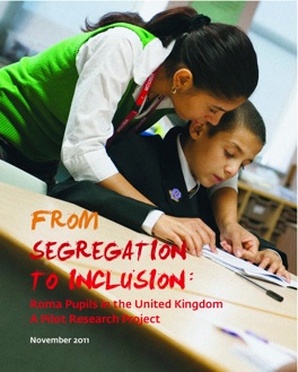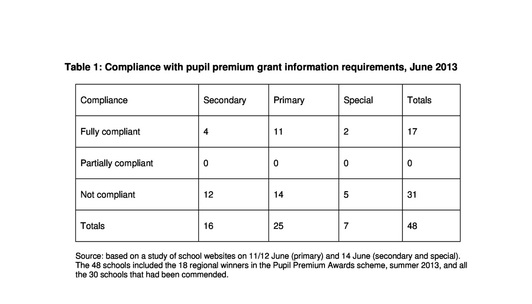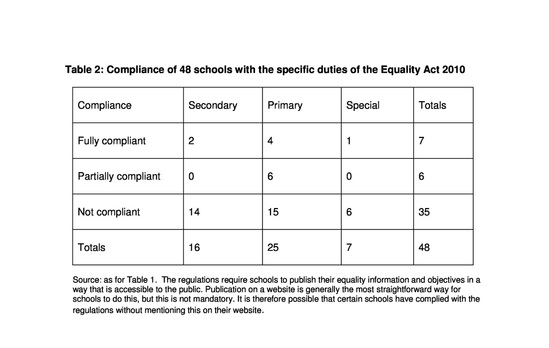Many international organisations and countries including the Court of Human Rights have criticised the abhorrent practice but despite these challenges to the Czech Republic and Slovakia, Roma pupils are more than 27 more times likely to be placed in special schools [i]
As a result of the harsh discrimination which members of the Roma communities suffer in Europe some have migrated to the United Kingdom over the last few years. It is known at Local Authority level that many Roma pupils currently underachieve. When looking at national disaggregated performance data Roma pupils are categorised along with Gypsy and Traveller pupils and it can be difficult to see the performance of Roam pupils as a separate group. However, the overaraching groups of GRT is the lowest performing group in England at all key stages and although many of the wider issues affecting Gypsy and Traveller pupils are the same for Roma pupils there are also distinct differences too, such as the fact that 90% of Roma pupils also have English as an additional language needs.
However, very little research has been conducted into the educational experiences and attainment of Roma pupils in England which remains a key area which needs to be explored further. There is however one excellent research report that was conducted in November 2011 called ‘From Segregation to Inclusion: Roma Pupils in the United Kingdom, A pilot research project. This excellent report provides a wealth of useful information and hopefully is the first of its kind to provide much needed information to inform practice and pedagogy to meet the needs of Roma pupils in schools so that they can achieve on a par with their peers.
Colleagues working for Equality UK, the organisation conducting the research above interviewed 61 Czech or Slovak Roma students, along with 28 Roma parents and 25 school staff across eight locations - Leicester, Chatham, Rotherham, Wolverhampton, Southend on Sea, Peterborough, London, and Derby.
The key findings of the field work and research are quite stark:
- 85% (51) of the Roma pupils had previously been sent to special schools or Roma only schools prior to arriving in the UK, with 12 out of 17 of these pupils reported they had been sent there after undergoing a psychological test in their Year 1 & 2 classes when they were 7 and 8 years old.
- More positively since coming to England, in contrast only 2-4 % of the same Roma children were deemed to be having special educational needs because of learning difficulties or disabilities and for those that required additional support this was provided within the mainstream schools Of these pupils requiring additional support none had a statement.
- Most of the staff in schools were aware that Roma pupils were segregated from other pupils and taught separately from their peers or labelled as SEN and put into Special Schools in other European countries and were shocked at this practice.
- The Roma pupils surveyed also reported high levels of racist bullying or verbal abuse from non-Roma children in their countries of origin, with many also stating that their teachers were also discriminatory towards them. In some cases the pupils alleged that they had been subject to physical punishment at the hands of their teachers.
- In contrast in 7 out of the 8 locations Roma pupils reported that they were not suffering any racist bullying here in UK schools and they found teachers to be very supportive and helpful.
- This understandably led the vast majority of pupils to state that they preferred schools in the UK because of the absence of racism and discrimination and the emphasis on equal opportunities.
- All the parents were very positive about the education their children were receiving in the UK and notably mentioned the absence of discrimination and the focus on equal opportunities in the UK which led to their children being treated equal to their peers. They also valued the positive ethos of the schools and the feeling of welcome they received. Overwhelmingly, all the parents cited the prospects of their children receiving a good education and employment as being a deciding factor in their decision to come to the UK. Sadly, this optimism wasn’t shared for the education Roma children were receiving in their countries of origin as they felt that it would take many years to get rid of the discrimination if indeed at all.
The report highlights a number of recommendations for both the international community to improve the educational systems for Roma pupils in Europe, as well as within the UK including the sharing of best practice which exists in LA and schools. Although the research sample is still relatively small it is the first of its kind and it provides detailed information gained as a result of the case studies undertaken with Roma pupils, their parents and staff. This insight into the views, experiences and future aspirations of Roma pupils with prove beneficial for teachers and staff working with schools and who wish to enhance their understanding of the educational needs of Roma pupils.
For those interested in finding out more about how to respond to the educational needs of Roma pupils and develop best practice in their own schools or LA’s we shall be sharing the best practice in schools we know where they are leading the way in making a difference for Roma pupils. Future blogs will highlight what it is these successful schools are doing to achieve high educational outcomes for Roma pupils and ensuring an inclusive ethos which makes them feel safe, settled, secure and part of the whole school community.
[i] Source Council of Europe, Report by Thomas Hammarberg,Commissioner for Human Rights of the Council of Europe,following his visit to theCzech Republic from 17 to 19 November 2010; CommDH (2011)3, 3 March 2011, availableonline:https://wcd.coe.int/wcd/ViewDoc.jsp?id=1754217,para 60 cited in From Segregation to Inclusion: Roma Pupils in the United Kingdom, A pilot research project.




 RSS Feed
RSS Feed
